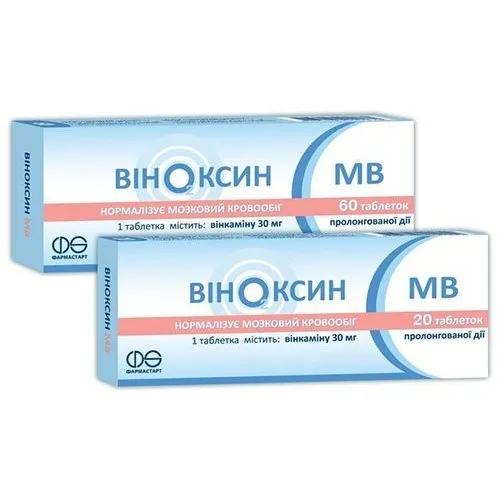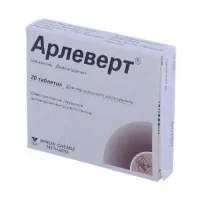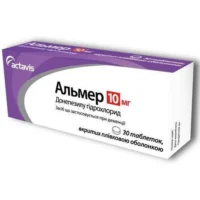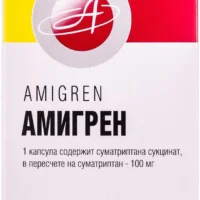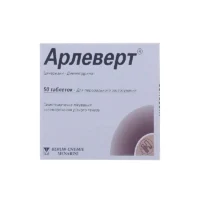Description
Vinoxin MV (vincamine) Tablets with Prolonged Release 30 mg. №20
Ingredients:
Each tablet contains 30 mg of vincamine.
Dosage:
The recommended dosage is one tablet daily, or as directed by a healthcare professional.
Indications:
Vinoxin MV tablets are indicated for the improvement of cerebral blood flow and cognitive function.
Contraindications:
Do not use Vinoxin MV tablets if you are allergic to vincamine or any other ingredients in the product.
Directions:
Swallow the tablet whole with a glass of water. Do not crush or chew the tablet.
Scientific Evidence:
Vincamine, the active ingredient in Vinoxin MV tablets, acts as a cerebral vasodilator, enhancing blood flow to the brain and improving oxygen and glucose uptake by brain cells. This mechanism contributes to enhanced cognitive function, memory, and overall brain health.
Clinical trials have shown the efficacy of vincamine in alleviating symptoms of cognitive impairment and age-related cognitive decline. A study in the Journal of the American Geriatrics Society reported significant improvements in memory and attention in older adults with mild cognitive impairment following vincamine supplementation.
Additional Information:
- Storage: Store Vinoxin MV tablets in a cool, dry place away from direct sunlight.
- Warnings: Prior to use, consult a healthcare professional if pregnant, nursing, or with underlying medical conditions.

